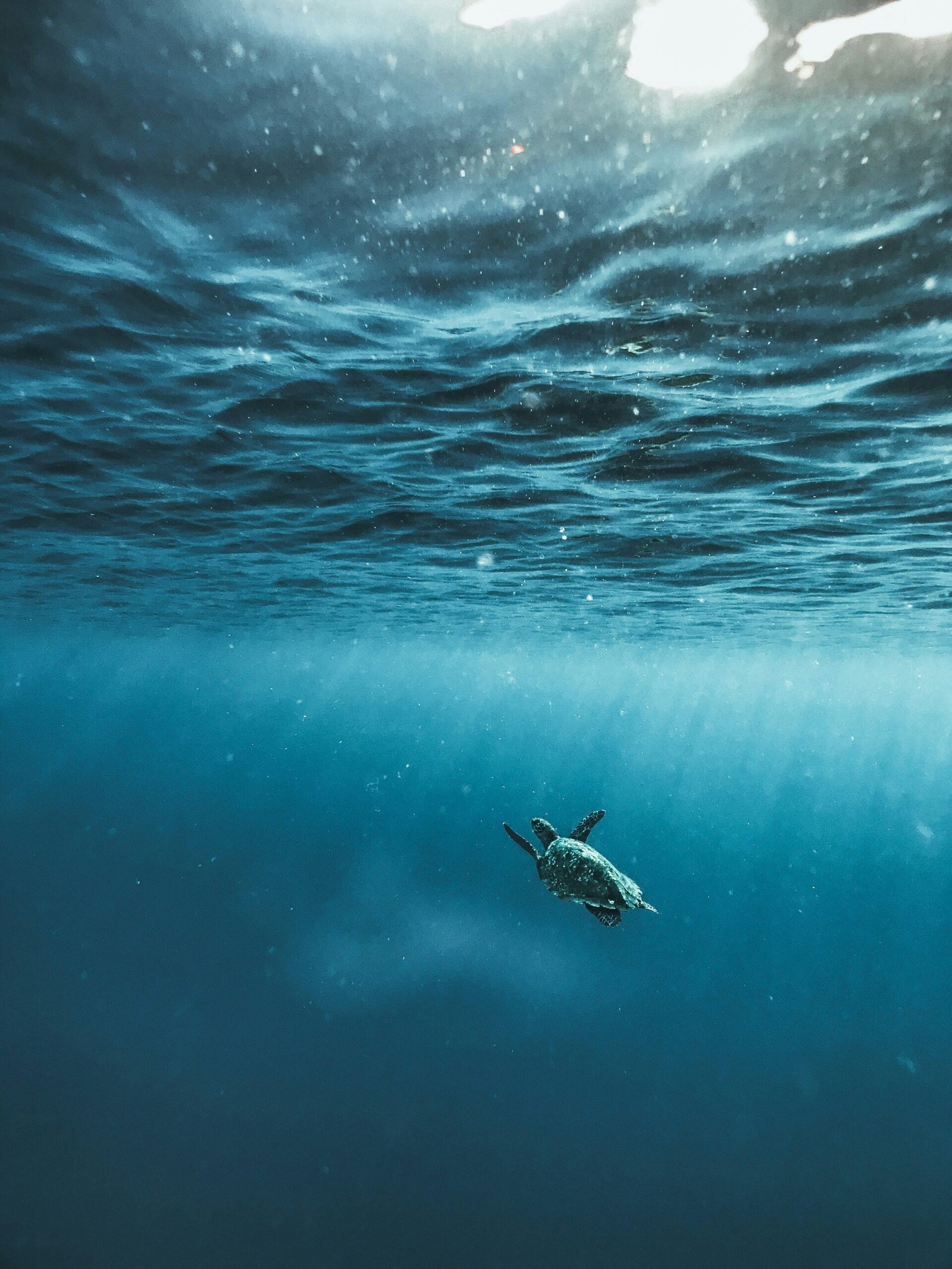How Many Oceans Are There in the World?
Regarding the enormous amounts of water on Earth, a common question is, “How many oceans are there in the world?” You might be surprised by the response. Even though the majority of us are aware that there are five oceans, it’s crucial to remember that opinions on this classification are divided. Let’s examine the many viewpoints regarding the quantity and qualities of oceans.
The Traditional View: Five Oceans
According to the conventional wisdom, there are five oceans in the globe:
Area of the Ocean (square kilometers)Whereabouts
Ocean Pacific 165,250,000In between the Americas, Australia, and Asia
106,400,000 in the Atlantic OceanIn between Europe/Africa and the Americas
73,556,000 in the Indian Ocean, east of Africa and south of Asia
Ocean in the South: 20,327,000In and around Antarctica
14,056,000 Arctic Miles North of the Arctic Circle
This conventional classification is taught in schools all throughout the world and is widely acknowledged. It is predicated on the notion that each of these five oceans is a separate body of water with special qualities.
In the traditional view, there are five oceans in the world:
| Ocean | Area (square kilometers) | Location |
|---|---|---|
| Pacific Ocean | 165,250,000 | Between Asia, Australia, and the Americas |
| Atlantic Ocean | 106,400,000 | Between the Americas and Europe/Africa |
| Indian Ocean | 73,556,000 | South of Asia, east of Africa |
| Southern Ocean | 20,327,000 | Around Antarctica |
| Arctic Ocean | 14,056,000 | North of the Arctic Circle |
An Alternative View: One Global Ocean
Some scholars contend for an alternative viewpoint, notwithstanding the conventional view that splits the Earth’s oceans into distinct entities. They emphasize the connectivity of all the water on Earth by putting out the concept of a one global ocean. This perspective holds that the five classical oceans are only smaller sections of the greater global ocean.
This other perspective emphasizes how water is always circulating around the earth and how there are no actual physical barriers separating the various regions. It challenges us to view the oceans as distinct entities rather than as a single, cohesive entity.
The Importance of Ocean Conservation
No matter how many oceans there are on Earth, one thing is certain: oceans are essential to the health and welfare of our planet. They are essential to maintaining the climate, giving many different species a place to live, and giving us resources.
Regrettably, pollution, overfishing, and climate change are just a few of the problems that our oceans must contend with. To preserve these priceless ecosystems, we must acknowledge the significance of ocean conservation and take appropriate action.
It is indisputable that the oceans are a priceless resource that needs to be conserved for future generations, regardless of whether you see them as five distinct regions or as a single, interconnected body of water.
The next time someone asks, “How many oceans are there in the world?” you can respond with both the conventional answer and the opposing viewpoint, igniting a meaningful discussion on the magnificence and importance of the enormous quantities of water that cover our earth.
